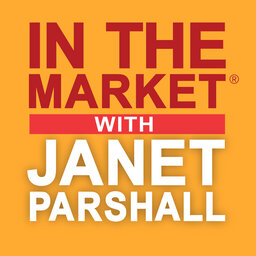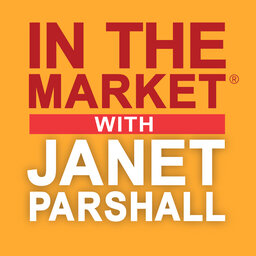Hour 2: Stress Fracture
One of the most underestimated resources in our lives is emotional energy. It's foundational to every area of a healthy life. But a person struggling with burnout is stuck with the disorienting and anxiety-provoking feelings of failure, shame, and depression. The good news is that now we have more knowledge than ever on managing stress to prevent or recover from burnout. Our guest, pastor, psychologist, and professor, will give us the practical tools you need to uncover your susceptibility to stress-induced breakdowns and learn highly effective coping strategies for preventing and overcoming burnout.
In the Market with Janet Parshall
In the Market with Janet Parshall, challenges listeners to examine major news stories and issues bei…Social links
Follow podcast
Recent clips

Best of In The Market with Janet Parshall: A Creeping Threat To Free Speech
44:35

Our History of Hope
44:51

Our Foundation of Faith
45:03
 In the Market with Janet Parshall
In the Market with Janet Parshall
